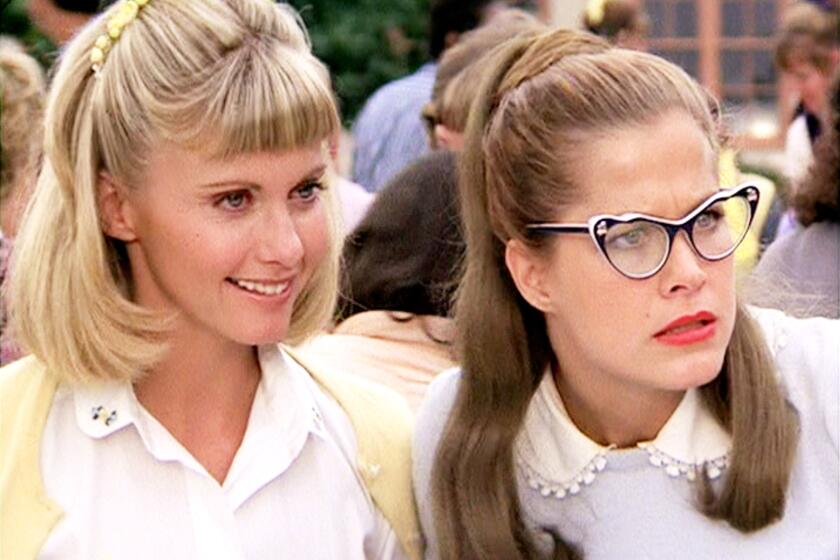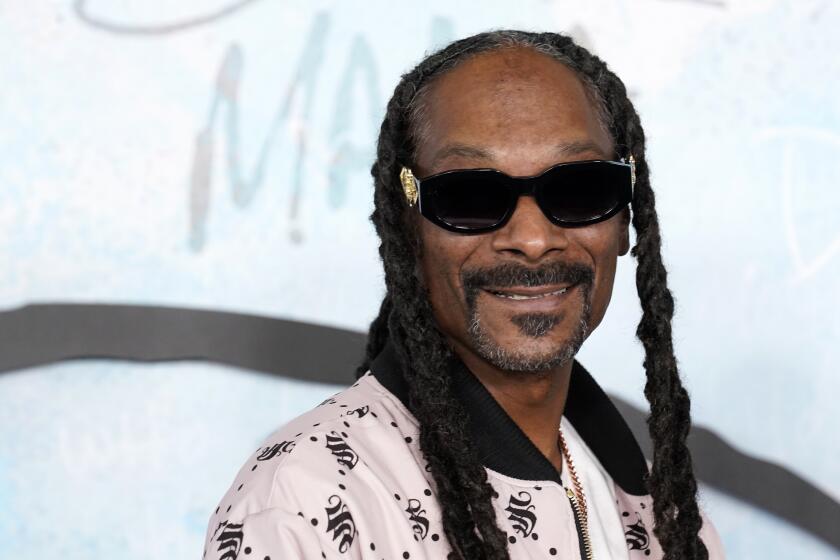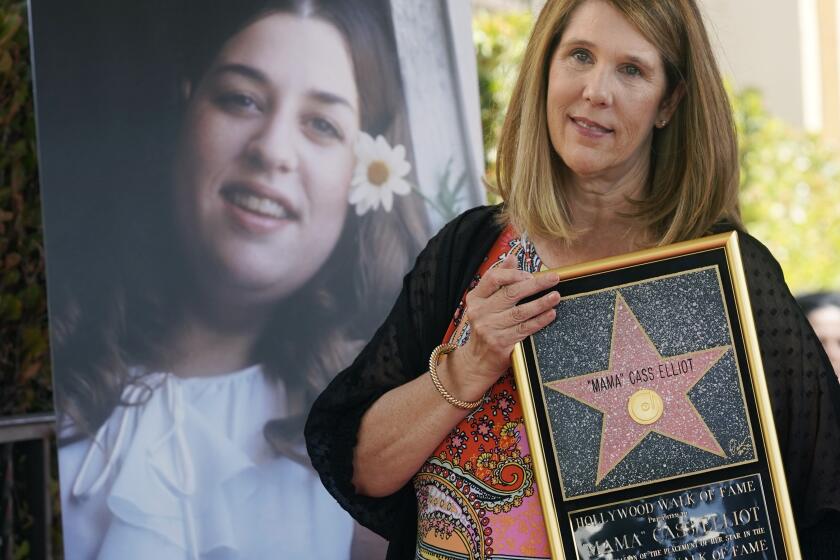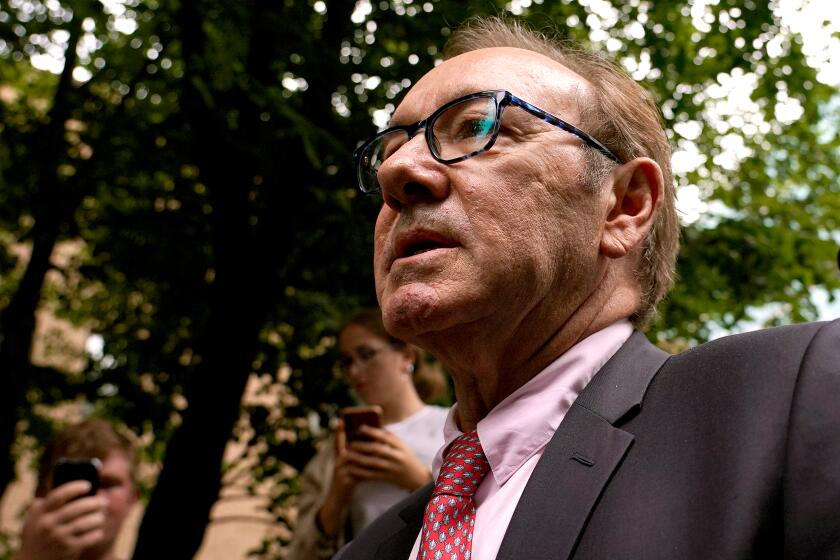Don’t Hang the Disney Board Just Yet
Backstabbing, mutual deception and extravagant transfers of wealth. Add a larger-than-life cast of characters, and the Disney shareholder lawsuit now unfolding in Delaware Chancery Court comes as close as corporate law can to an overblown Italian opera.
We should not, however, let the melodrama obscure the tremendous implications for all corporations if the court holds that the Disney board wrongly approved Michael Ovitz’s $140-million severance package.
Many observers see the case as a trial over whether Disney board members made a stupid decision. And it certainly seems they did. First, they followed the advice of Disney’s imperial CEO, Michael Eisner, and hired Ovitz -- once known as “the most powerful man in Hollywood” -- as Disney’s president and Eisner’s heir apparent. Then, 14 months later, the board fired him, again at Eisner’s behest. But because the board did not fire Ovitz for gross dereliction of duty or illegal behavior -- “cause” -- Ovitz was entitled to a $140-million consolation prize under the terms of his contract. It is this payout that prompted the lawsuit accusing Disney’s board (which included Ovitz and Eisner) of breaching their fiduciary duties.
The case seems easy. The Disney board made a huge and costly mistake. It should be held liable. Shareholders should be made whole. Right?
Wrong. The Disney case is a hard one, due to a basic doctrine of corporate law called the business judgment rule. This rule allows disinterested corporate directors to make foolish, even disastrous, decisions without being second-guessed by courts, so long as their process was reasonable and their decision “informed.” The rule says, in effect, that it is the process, not the outcome, that matters.
This makes sense for several reasons. First, the business world is complex, fluid and risky. Even the most dedicated board will occasionally make decisions that don’t pan out. Second, it can be hard for observers outside a firm -- shareholders, judges or juries -- to understand the many factors and considerations that go into a business decision.
The Disney case illustrates the perils of passing judgment from a distance and in hindsight. Ovitz’s $140-million severance package seems obviously excessive. But Ovitz was earning tens of millions of dollars annually at Creative Artists Agency before Eisner approached him. Moving to Disney required him to take a huge risk. After Ovitz left Disney, his career was a shambles. From this perspective, the severance package no longer seems so outrageous.
Courts historically have focused on process in judging the actions of disinterested corporate board members -- even when their decisions proved unwise, and even in cases, like Disney, where some of the personalities involved seemed unsavory. If the courts tried instead to evaluate substance, two predictable results would follow.
First, if the members of Disney’s board are held personally liable, as the lawsuit seeks, it will become more difficult to get good people to serve as directors. The typical corporate director is paid an annual fee that can be measured in thousands of dollars. In contrast, an unlucky business decision can cost hundreds of millions, even billions, of dollars. The prospect of catastrophic personal liability would discourage all but the most wealthy (or most foolish) from serving as outside directors of large firms.
Second, people who serve on boards will become reluctant to take even minor business risks. Like jack rabbits caught in headlights, they are likely to freeze. Such directors can’t do a good job for their shareholders or their firms.
Eisner’s heavy-handed CEO style has caused Disney to become something of a poster child for poor corporate governance. But because so many large corporations are incorporated in Delaware, it is important to remember that the decision in this case will apply not only to Disney but to thousands of other companies as well. For the sake of these other companies, if the Delaware court decides to hang the Disney directors, it should hang them for process -- not for poor results or difficult personalities.
More to Read
The biggest entertainment stories
Get our big stories about Hollywood, film, television, music, arts, culture and more right in your inbox as soon as they publish.
You may occasionally receive promotional content from the Los Angeles Times.






